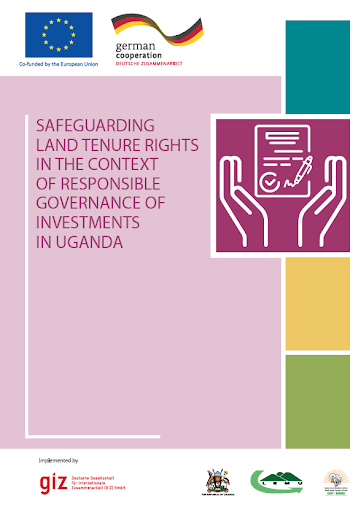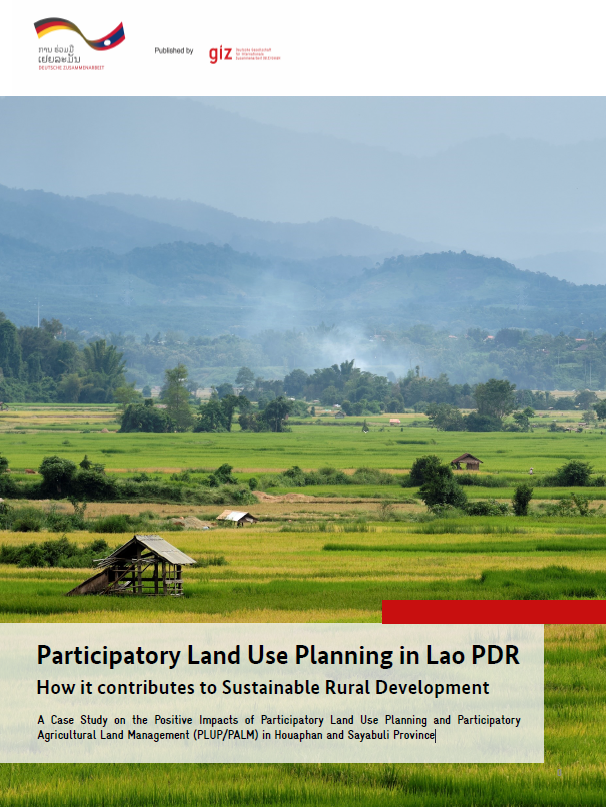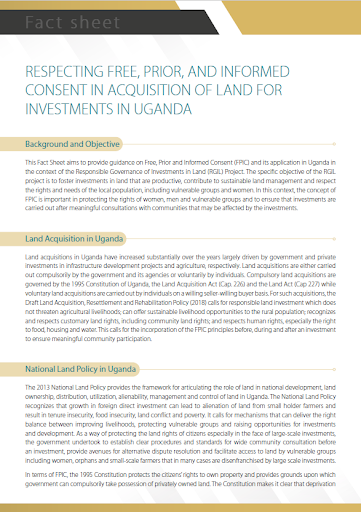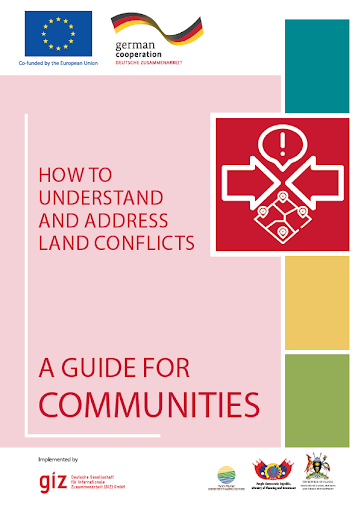Location
As a service provider in the field of international cooperation for sustainable development and international education work, we are dedicated to shaping a future worth living around the world. We have over 50 years of experience in a wide variety of areas, including economic development and employment promotion, energy and the environment, and peace and security. The diverse expertise of our federal enterprise is in demand around the globe – from the German Government, European Union institutions, the United Nations, the private sector, and governments of other countries. We work with businesses, civil society actors and research institutions, fostering successful interaction between development policy and other policy fields and areas of activity. Our main commissioning party is the German Federal Ministry for Economic Cooperation and Development (BMZ). The commissioning parties and cooperation partners all place their trust in GIZ, and we work with them to generate ideas for political, social and economic change, to develop these into concrete plans and to implement them. Since we are a public-benefit federal enterprise, German and European values are central to our work. Together with our partners in national governments worldwide and cooperation partners from the worlds of business, research and civil society, we work flexibly to deliver effective solutions that offer people better prospects and sustainably improve their living conditions.
Members:
Resources
Displaying 31 - 35 of 340Safeguarding Land Tenure Rights in the Context of Responsible Governance of Investments in Uganda
This manual is intended to provide an overview of the land tenure rights to both the investment affected communities and the investors to ensure that all the different rights on land are recognized and considered.
Promoting responsible agricultural investments in Lao PDR through contractual arrangements
The livelihood of a large part of the world’s population depends directly on access to land and its secure longtermuse. Land access and use have long been organized through informal or traditional tenure rights, but this is changing. In many regions, land use is being transformed by the expansion of large-scale agricultural investments, a development that was triggered by the 2007–08 food, energy, and financial crises.
Participatory Land Use Planning in Lao PDR How it contributes to Sustainable Rural Development
Die Landnutzungsplanung hat in der Demokratischen Volksrepublik Laos eine lange Geschichte und wird
seit den 1990er Jahren landesweit in vielfältiger Form angewendet (Ling, 2017). Im Kern schafft die Landnutzungsplanung
Respecting Free, Prior and Informed Consent in Acquisition of Land for Investments in Uganda
This Fact Sheet aims to provide guidance on Free, Prior and Informed Consent (FPIC) and its application in Uganda in the context of Responsible Land-Based Investments.
How to Understand and Address Land Conflicts
This guide aims to help communities, to understand and address land-investment based conflicts thus supporting them in exercising their basic human rights.






